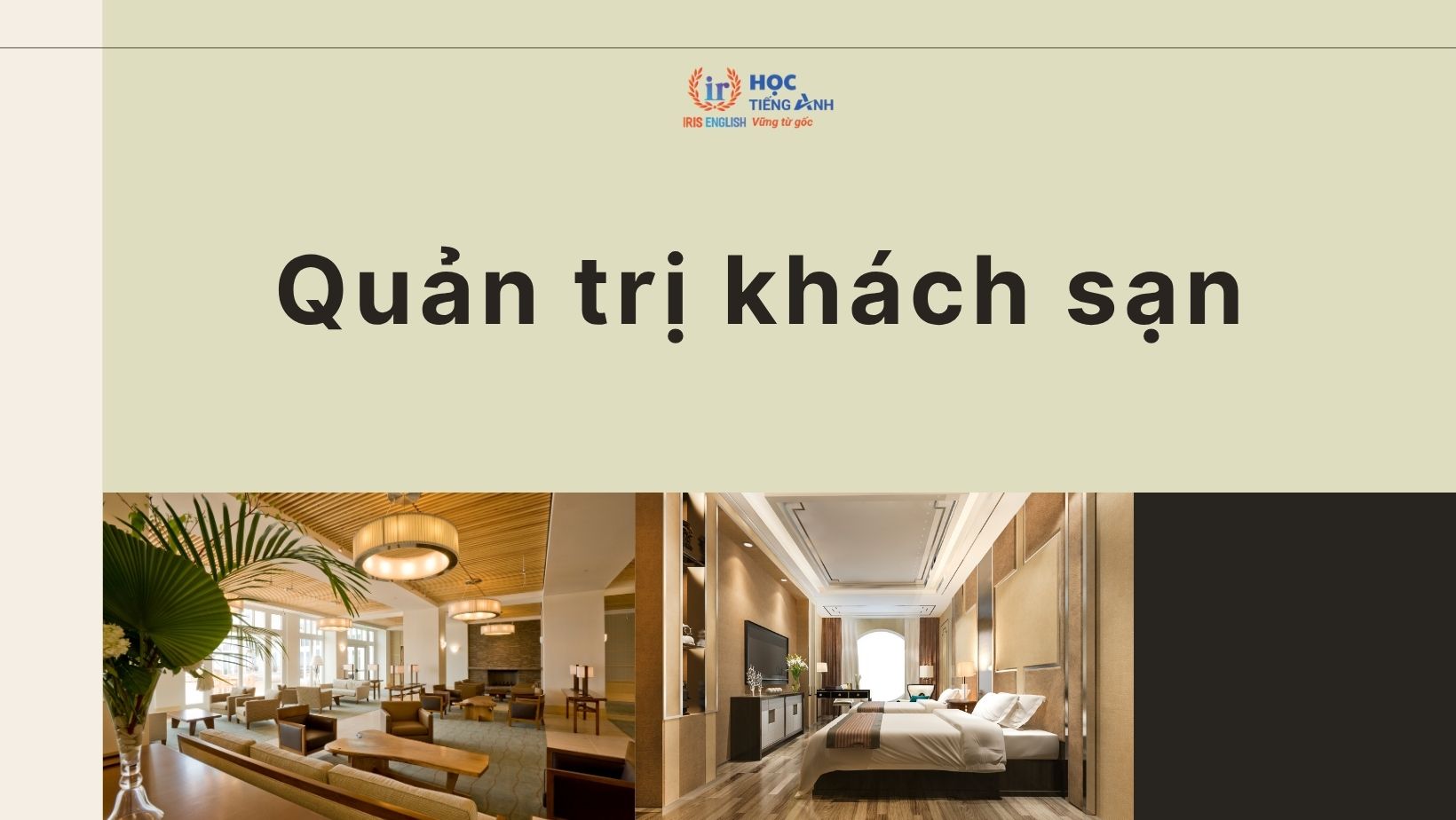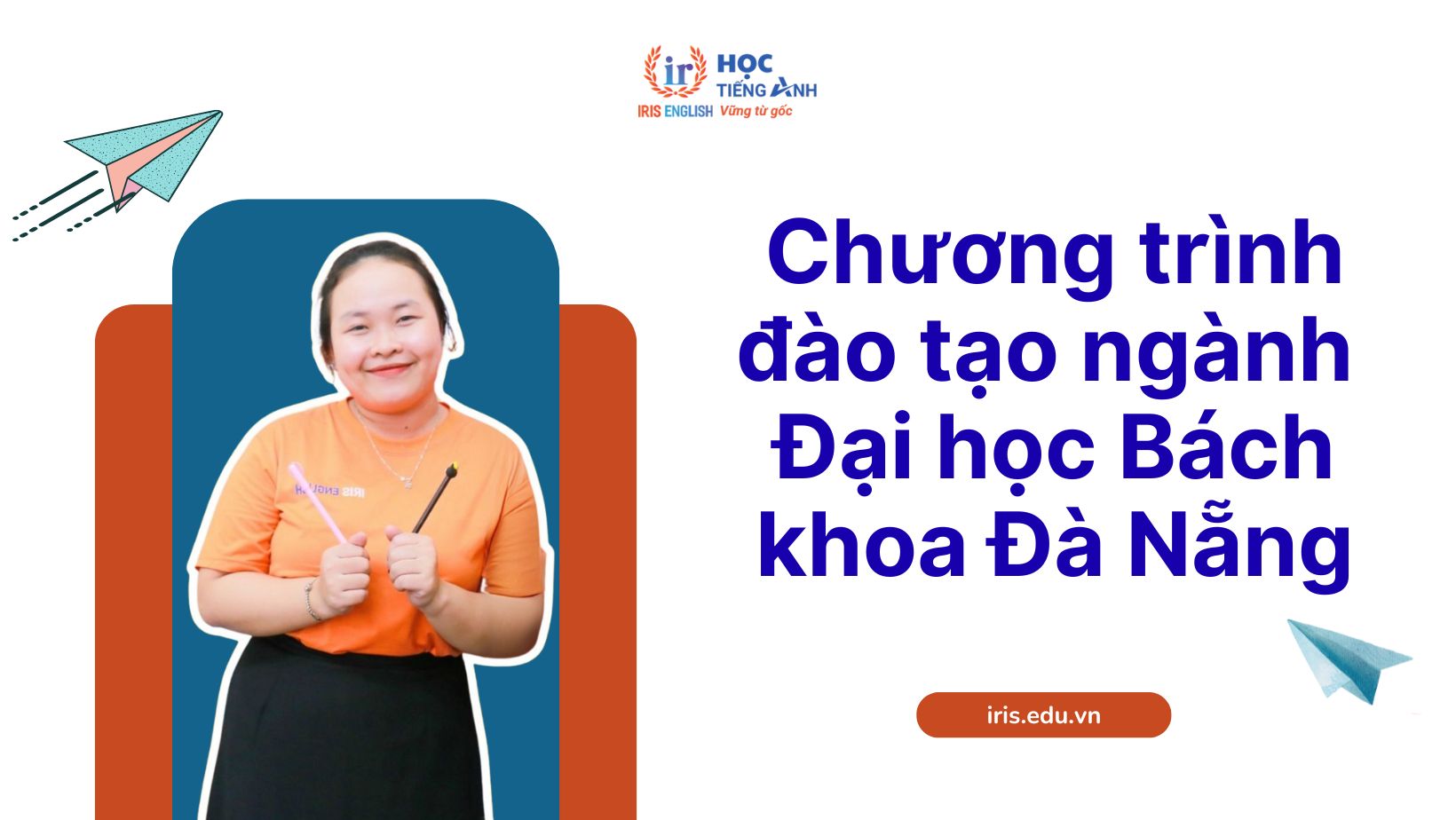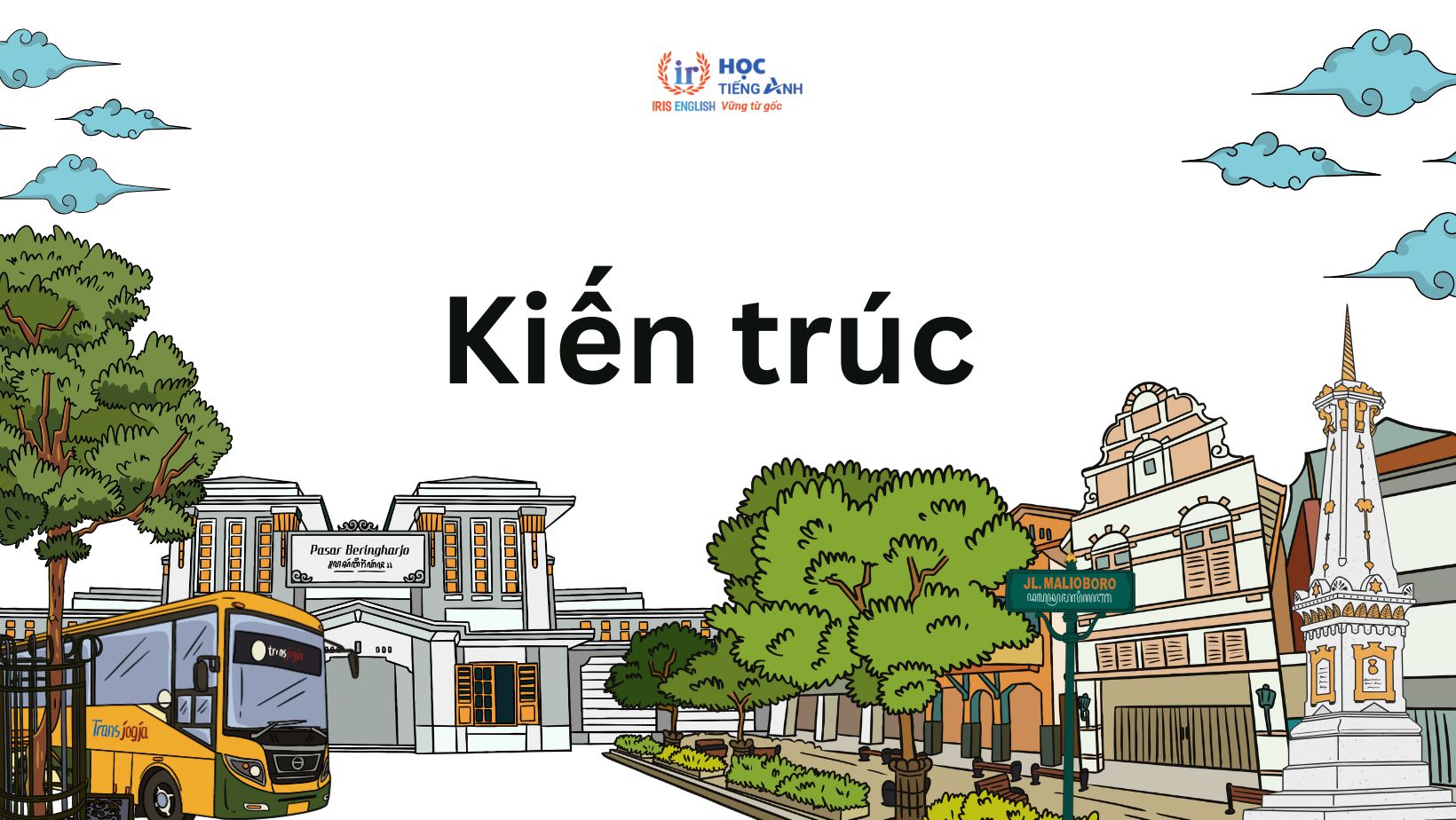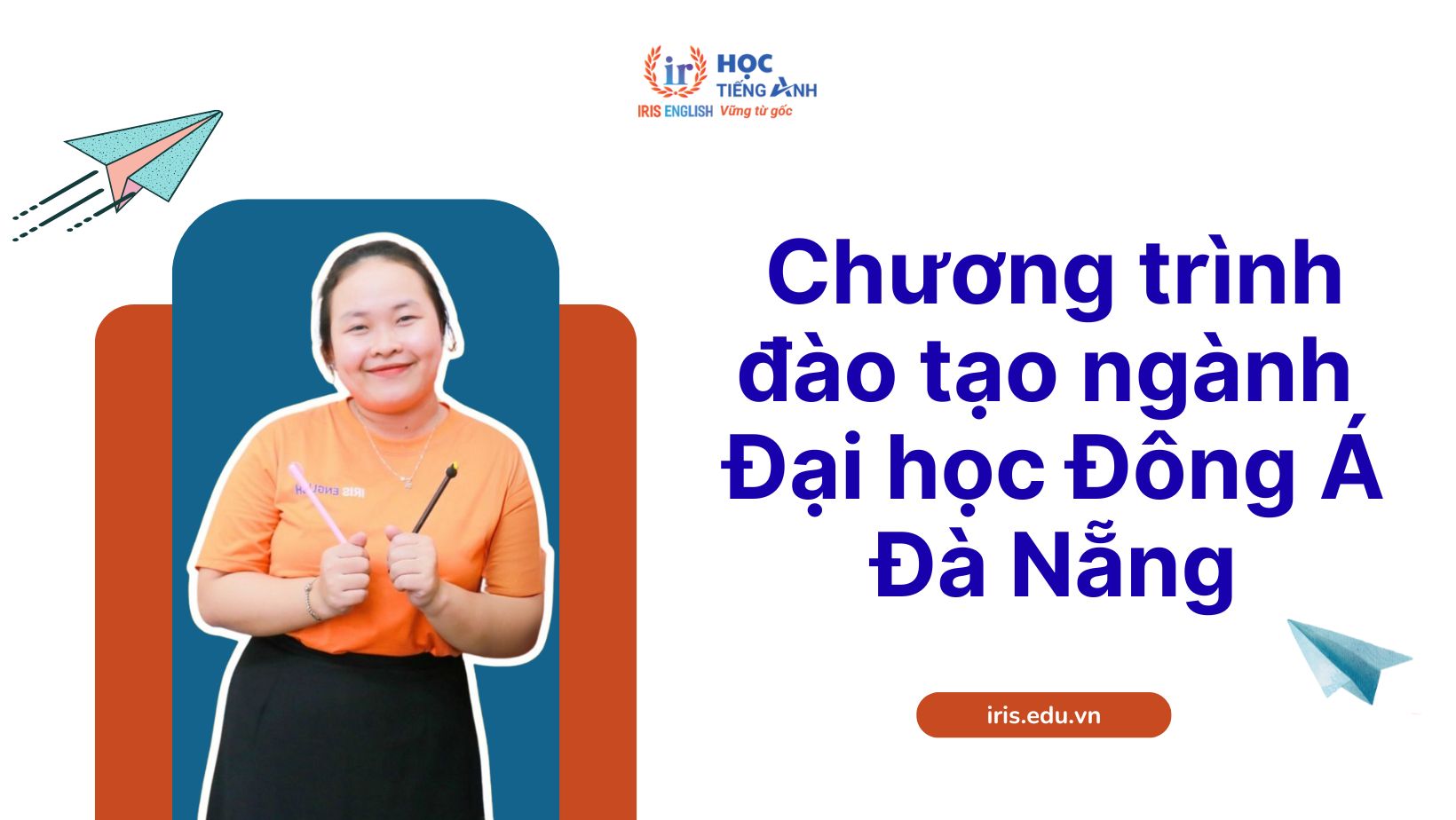Dưới đây là đề thi tiếng Anh đầu vào số 4 do IRIS English tổng hợp và biên soạn:
Đề thi tiếng Anh đầu vào số 4 – Phần Listening
PART 1 | For each question, choose the correct answer
-
How will David travel?

-
What time will Roger see the dentist?

-
How will Carol get to her dance class?

-
What will the friends do in the afternoon?

-
What pet will Janet have?

PART 2 | For each question, choose the correct answer
-
What might Mark look like now?

-
What will the woman probably study next year?

-
What is David making for dinner?

-
What time does the exam begin?

-
Where does the woman think she lost her purse?

PART 3 | You will hear a conversation. For each question, choose the correct answer.
You will hear Jane talking to her friend, David, about going to the cinema.
-
What does Jane want to see at the cinema?
A She doesn’t have a clear idea.
B She wants to see the new James Bond film.
C She wants to see a love story.
-
Robert
A can’t come to the cinema.
B likes action films.
C prefers not to see the James Bond film.
-
The sad film
A is about two people who die.
B doesn’t sound good to David.
C is the only choice.
-
David thinks
A the comedy would be good for children.
B the comedy is a good choice for everyone.
C not everyone likes comedies.
-
Jane
A will meet David at the cinema at about eight.
B says the film starts at about eight.
C will go to David’s house at about eight.
PART 4 | You will hear 5 short conversations. For each question, choose the correct answer
-
You will hear a woman talking to her friend about a meal at a restaurant.
What did she eat?
A steak
B fish
C pasta
-
You will hear a man explaining why he was late for work.
Why was he late?
A He woke up late.
B The train was late.
C The bus was slow.
-
You will hear two friends talking about holidays.
Where did Anita go?
A New York
B Florida
C Los Angeles
-
You will hear two friends talking about shopping.
What do they need from the supermarket?
A potatoes
B carrots
C onions
-
You will hear a man talking on the phone.
Why can’t he come to the party?
A He has to go to work early.
B His mother is visiting him.
C His mother had an accident.
PART 5 | For each question, choose the correct answer.
You will hear Greta talking to Anthony about holidays.
What type of holiday will each person go on?

Đề thi tiếng Anh đầu vào số 4 – Phần Reading
PART 1 | For each question, choose the correct answer
-
She usually ___ up early on weekdays.
A. get
B. gets
C. getting
D. got
-
We ___ tennis every Sunday.
A. plays
B. play
C. played
D. playing
-
I can’t talk now. I ___ my homework.
A. do
B. did
C. am doing
D. have done
-
This is the best movie I ___ ever seen.
A. have
B. had
C. has
D. have been
-
He ___ to the cinema last night.
A. goes
B. went
C. going
D. gone
-
They ___ English for five years.
A. studied
B. study
C. have studied
D. studies
-
If I see her, I ___ her about the meeting.
A. tell
B. told
C. will tell
D. would tell
-
He is not tall ___ to play basketball.
A. too
B. enough
C. very
D. so
-
We stayed at home ___ it rained heavily.
A. because
B. but
C. although
D. so
-
The car was very old, ___ it was expensive.
A. but
B. so
C. because
D. and
-
They were watching TV when their friends ___.
A. arrive
B. arrives
C. arrived
D. arriving
-
He said he ___ tired.
A. is
B. was
C. were
D. be
-
She asked me if I ___ help her.
A. can
B. could
C. may
D. will
-
By next year, I ___ in this company for 10 years.
A. will work
B. will have worked
C. have worked
D. worked
-
A lot of houses ___ by the storm last week.
A. was destroyed
B. destroyed
C. were destroyed
D. are destroyed
-
I’m not very good ___ swimming.
A. at
B. in
C. on
D. for
-
She speaks English more ___ than her brother.
A. fluent
B. fluently
C. fluentlier
D. fluency
-
Tom is interested ___ history.
A. for
B. with
C. in
D. on
-
The test was ___ easier than I expected.
A. much
B. many
C. more
D. very
-
He runs as ___ as his father.
A. fast
B. faster
C. fastest
D. fastly
-
I wish I ___ more time to travel.
A. have
B. had
C. will have
D. has
-
The book ___ yesterday.
A. buy
B. was bought
C. bought
D. is bought
-
He used ___ football every afternoon.
A. play
B. played
C. to play
D. playing
-
Do you mind if I ___ your phone?
A. use
B. used
C. am using
D. have used
-
They ___ to the park when it started to rain.
A. go
B. went
C. are going
D. were going
-
A new hospital ___ here next year.
A. builds
B. built
C. will be built
D. build
-
The teacher told us ___ noise.
A. not make
B. don’t make
C. not to make
D. didn’t make
-
He asked me where I ___.
A. live
B. lived
C. living
D. lives
-
While I ___ the book, my brother was watching TV.
A. read
B. was reading
C. reads
D. reading
-
I ___ never been to New York.
A. has
B. am
C. have
D. had
-
She is the ___ person I have ever met.
A. kind
B. kinder
C. kindest
D. most kind
-
You should ___ your homework before dinner.
A. finishes
B. finished
C. finish
D. finishing
-
My mother made me ___ my room.
A. clean
B. cleaned
C. cleaning
D. to clean
-
He is looking forward to ___ his grandparents this weekend.
A. see
B. seeing
C. saw
D. seen
PART 2 | For each question, choose the correct answer
The Museum of Childhood
The Museum of Childhood in Edinburgh is full of variety. Visitors can (35) ……………… dolls houses, toy cars and much more. There is everything from toy soldiers to board (36) ……………… . The museum was started by a man called Patrick Murray, who (37) ……………… many toys during his life and wanted to show them to the public. But it’s more than (38) ……………… a museum of toys. It explores all parts of growing (39) ………………, and its exhibitions include lots of different things, from storybooks to baby (40) ……………… . The museum is easy to find in the centre of Edinburgh and is open all year.
-
A. watch B. look C. see
-
A. games B. competitions C. matches
-
A. already B. just C. yet
-
A. up B. out C. away
-
A. snack B. food C. meal
PART 3 | For each question, choose the correct answer
-
“Guess what? I’ve been recruited to be a member of Green Dream Volunteer Group.” – “______.”
A. Good luck next time
B. It doesn’t make sense to me
C. That’s great! Congratulations!
D. That’s the least thing I could do for you
-
“I didn’t know you could play the guitar so well. Your tune was lovely!” – “______”
A. You’re welcome.
B. I bought it near my house.
C. You must be kidding. I thought it was terrible.
D. You told a kid. I was playing better than that.
-
“How well you are playing, Peter!” – “______”
A. Say it again. I like to hear your words.
B. Thank you too much.
C. I think so. I’m proud of myself.
D. Many thanks. That’s a nice compliment.
-
Customer: “That’s nice. Could I try it on?” – Shop assistant: ” ______ ”
A. Yes, of course, but you must pay the bill first
B. Certainly, the changing rooms are over there.
C. That’s right. You must try it before buying.
D. Oh, sorry. We don’t have this room.
-
“Let’s go to the cinema this evening.” – “______”
A. We don’t have any film.
B. You went to the theater.
C. Let’s take the seat.
D. I’ve seen the film already.
-
“How lovely your pets are!” – “______”
A. Thank you. It’s nice of you to say so.
B. Really? They are always very nice.
C. Can you say that again?
D. I love them, too.
-
“What an attractive hair style you have got, Mary!” – “______”
A. Thank you very much. I’m afraid.
B. You’re telling a lie.
C. Thank you for your compliment!
D. I don’t like your sayings.
-
“Shall I wait for you?” – “______”
A. Why ask such a question?
B. No need to ask.
C. No, don’t bother.
D. No, of course.
-
“How about a small present for little Jimmy after his performance?” – “______”
A. Thank you for being so respectful.
B. It’s a great idea. He would like it.
C. Thanks for your promise. I’m sure he’ll be proud.
D. Not at all.
-
“Wow, I’ve never seen such a nice cell phone, Nam.” – “______”
A. Oh, I don’t know.
B. Thank you. I’m glad you like it.
C. You’re welcome.
D. I agree with you.
-
“Students should not be allowed to use mobile phone in class.” – “______ This will distract them from studying.”
A. Not really
B. No way! It’s useful
C. I’m of the opposite opinion
D. I quite agree
-
“I think having a university degree is the only way to succeed in life.” – “______There were successful people without a degree.”
A. That’s all right.
B. I don’t quite agree.
C. I can’t agree more.
D. That’s life.
-
“Do you think our country can host the Olympic Games some day in the future?” – “______ We can’t afford such a big event.”
A. No, I don’t think so.
B. You can say that again.
C. I can’t agree with your more.
D. Yes, you’re right.
-
“Our environment is getting more and more polluted. Do you think so?” – “______. It’s really worrying.”
A. I’ll think about that
B. I don’t agree
C. I don’t think so
D. I can’t agree more
-
“I think drink-driving should be severely punished.” – “_______. It may cause accidents or even deaths.”
A. You must be kidding
B. I don’t think so
C. I don’t understand what you mean
D. I absolutely agree with you
-
“ Using tablets to jot down ideas can be great .” – “______. They are useful in organising your thoughts.”
A. I totally agree with you
B. I can’t agree with you about this
C. Yes, tell me about it
D. I’m afraid not
-
“We should limit the use of plastic bags.” – “______. We can use paper bags instead.”
A. I completely agree.
B. It’s not true.
C. I don’t quite agree
D. You’re wrong.
-
“Using social networks may have negative effects on students.” – “______. It distracts them from their studies.”
A. I’m not sure about that
B. I don’t quite agree
C. You’re wrong
D. That’s quite true
-
“I think Chat GPT should be severely banned at schools.” – “_______. It can be proved to be a threat for reducing the thinking capacities of students.”
A. You must be kidding
B. I don’t think so
C. I don’t understand what you mean
D. I absolutely agree with you
-
“I think we should teach our students how to use the library.” – ” ______. Library skills help them use resources effectively.”
A. You’re absolutely wrong
B. You must be kidding
C. I couldn’t agree with you more
D. That’s not a good idea
PART 4 | For each question, choose the correct answer
-
Peter told us about his leaving the school. He did it on his arrival at the meeting.
A. Only after his leaving the school did Peter inform us of his arrival at the meeting.
B. Not until Peter told us that he would leave the school did he arrive at the meeting.
C. Hardly had Peter informed us about his leaving the school when he arrived at the meeting.
D. No sooner had Peter arrived at the meeting than he told us about his leaving the school.
-
I didn’t arrive in time. I was not able to see her off.
A. I arrived very late to say goodbye to her.
B. She had left because I was not on time.
C. I was not early enough to see her off.
D. I didn’t go there , so I could not see her off.
-
We spent about one-third of our lives sleeping. We know relatively little about sleep.
A. We know relatively little about sleep, as a result, we spend about one-third of our lives sleeping.
B. We shall know more about sleep if we spend more than one-third of our lives sleeping.
C. We spend about one-third of our lives sleeping so that we know relatively little about sleep.
D. Despite spending about one-third of our lives sleeping, we know relatively little about sleep.
-
I didn’t know you were coming, so I didn’t wait for you.
A. If I had known you were coming, I wouldn’t have waited for you.
B. I would have waited for you if I knew you were coming.
C. If I had know you were coming, I would wait for you.
D. Had I known you were coming, I would have waited for you.
-
No sooner had she put the telephone down than her boss rang back.
A. Scarcely had she put the telephone down when her boss rang back.
B. She had hardly put the telephone down without her boss rang back.
C. Hardly she had hung up, she rang her boss immediately.
D. As soon as her boss rang back, she put down the telephone.
-
Unless we protect the environment, our life will be badly affected.
A. If our life is badly affected, we will protect the environment.
B. If we protect the environment, our life will be badly affected.
C. If we don’t protect the environment, our life won’t be badly affected.
D. If we don’t protect the environment, our life will be badly affected.
-
Jack has won a jackpot prize. 10% of it was donated to flooded areas.
A. Jack has won a jackpot prize, 10% which half was donated to flooded areas.
B. Jack has won a jackpot prize, 10% of which was donated to flooded areas.
C. Jack has won a jackpot prize, 10% of that was donated to flooded areas.
D. Jack has won a jackpot prize, which was donated to flooded areas.
-
Had she read the reference books, she would have been able to finish the test.
A. If she had read the reference books, she could finish the test.
B. Because she read the reference books, she was able to finish the test.
C. Although she didn’t read the reference books, she was able to finish the test.
D. Not having read the reference books, she couldn’t finish the test.
-
My advice is that you get straight to the point in the next report.
A. If I were you, I would go straight to the bush in the next report.
B. If I were you, I would have the next report got started.
C. If I were you, I would not beat around the bush in the next report.
D. If I were you, I would not point out the next report.
-
I whispered as I didn’t want anybody to hear our conversation.
A. Since nobody wanted to hear our conversation, I whispered.
B. So as not to hear our conversation, I whispered.
C. Because I whispered, anybody heard our conversation.
D. I lowered my voice in order that our conversation couldn’t be heard.
-
Tim graduated with a good degree. He joined the ranks of the unemployed.
A. Tim joined the ranks of the unemployed because he graduated with a good degree.
B. If Tim graduated with a good degree, he would join the ranks of the unemployed.
C. Though Tim graduated with a good degree, he joined the ranks of the unemployed.
D. That Tim graduated with a good degree helped him join the ranks of the unemployed.
-
“Leave my house now or I’ll call the police!” shouted the lady to the man.
A. The lady threatened to call the police if the man didn’t leave her house.
B. The lady said that she would call the police if the man didn’t leave her house.
C. The lady told the man that she would call the police if he didn’t leave her house.
D. The lady informed the man that she would call the police if he didn’t leave her house.
-
We have run out of the items you want.
A. We have to run out to buy the items you want
B. The items you want are off our shop.
C. For the items you want, we must run out.
D. The items you want have been out of stock.
-
She had only just begun to speak when people started interrupting.
A. She hardly had begun to speak when people started interrupting.
B. Hardly she had begun to speak when people started interrupting.
C. Hardly had she begun to speak when people started interrupting.
D. She hadn’t begun to speak when people started interrupting.
-
The fire-fighters made every effort to put off the flames. The building burned down completely.
A. The building burned down completely though the fire-fighters made every effort to put off the flames.
B. Had it not been for the fire-fighters’ every effort, the building would have burned down completely.
C. Making every effort to put off the flames, the fire-fighters completely burned down the building.
D. Since the fire-fighters made every effort to put off the flames, the building burned down completely.
Xem thêm:
Mong rằng đề thi tiếng Anh đầu vào số 1 mà IRIS English gửi đến ở trên sẽ là nguồn tư liệu tham khảo hữu ích cho độc giả. Nếu bạn muốn nhận thêm nhiều tài liệu thì hãy liên hệ qua zalo để được tư vấn viên của trung tâm hỗ trợ nhé!








